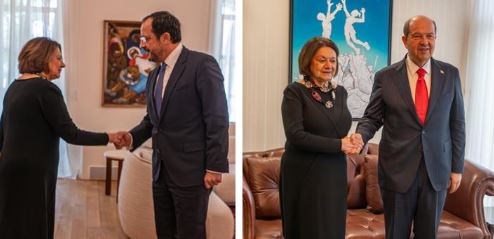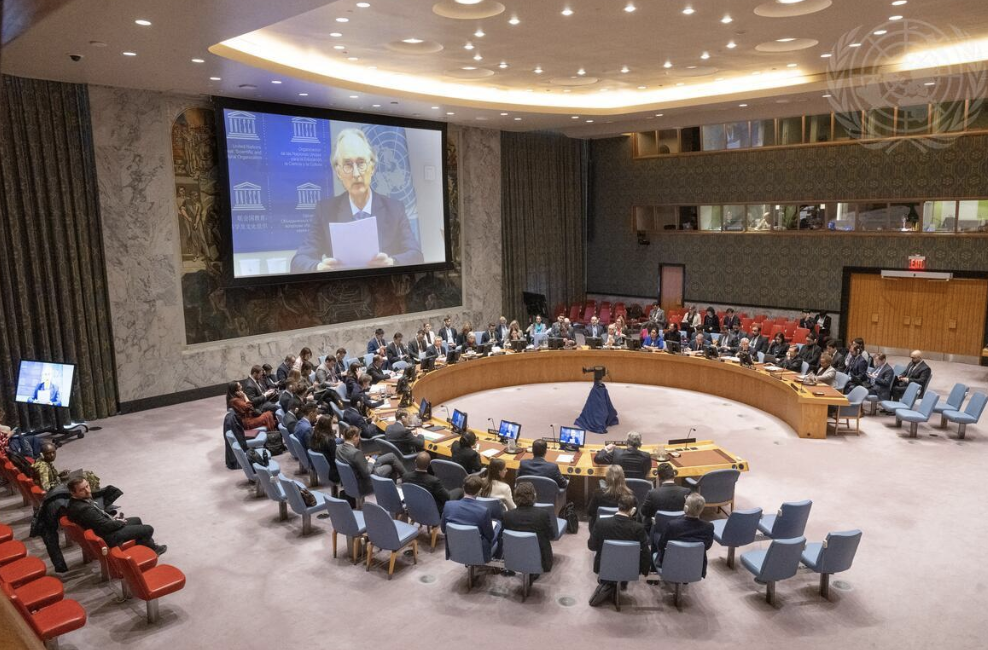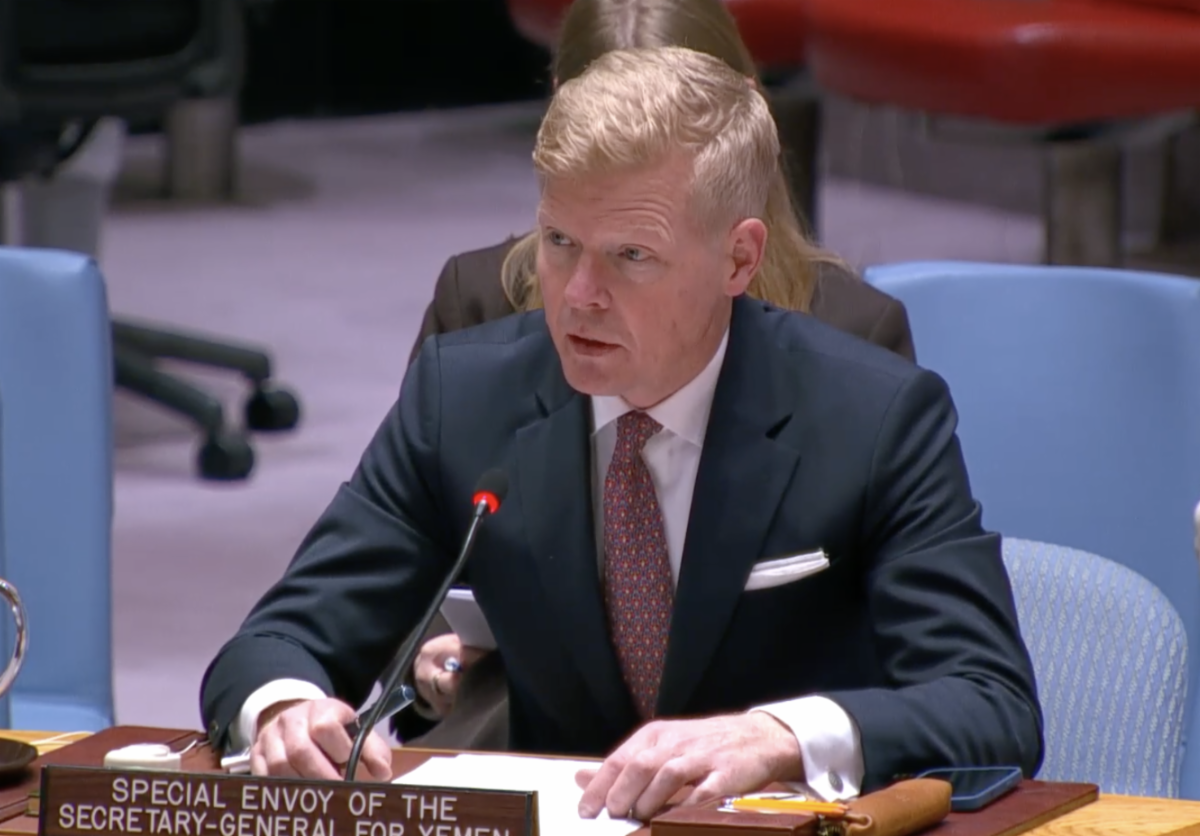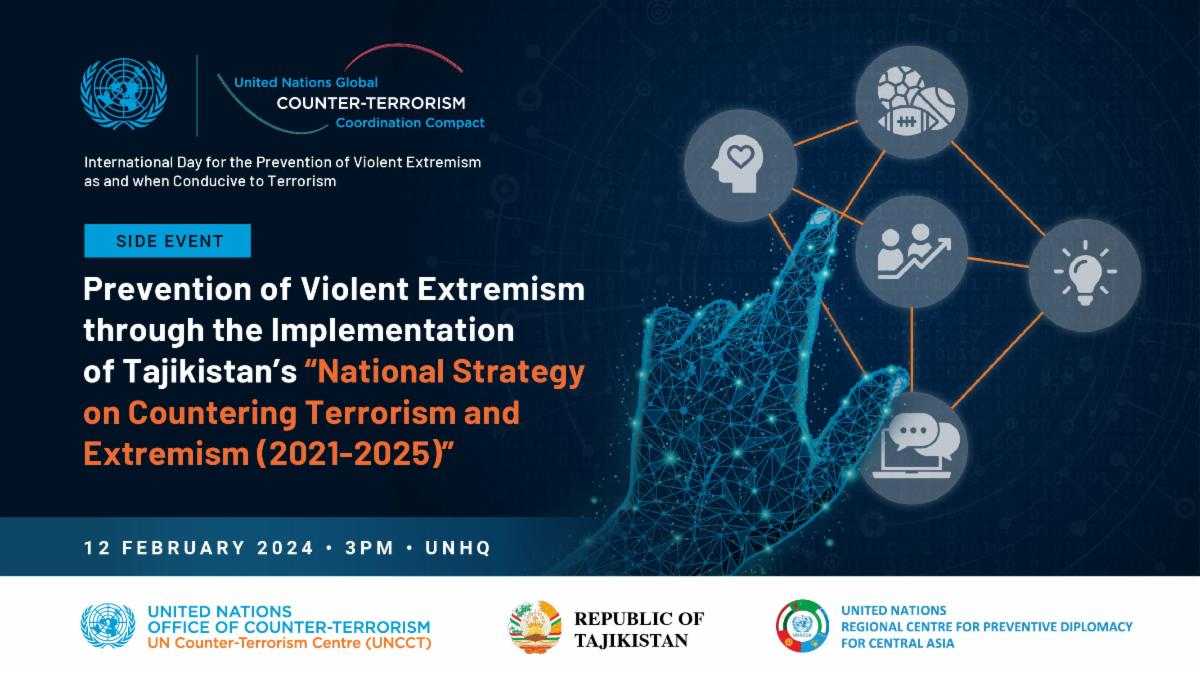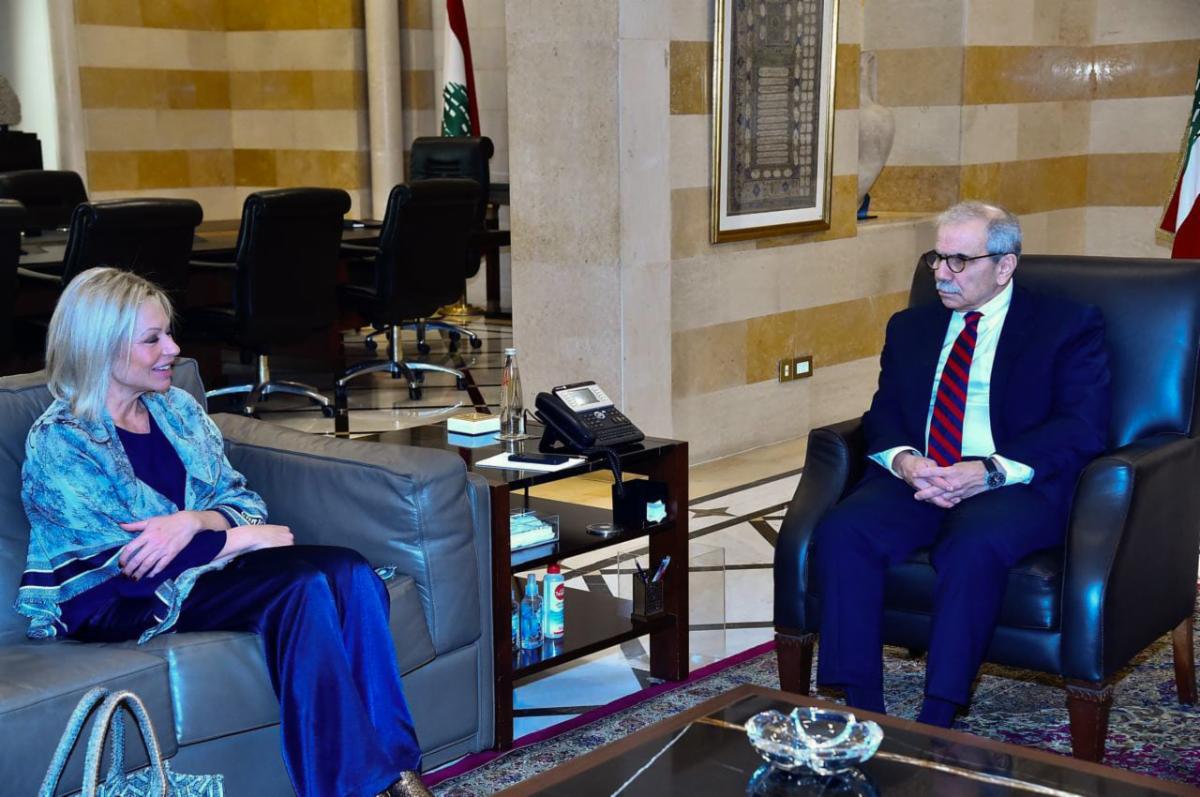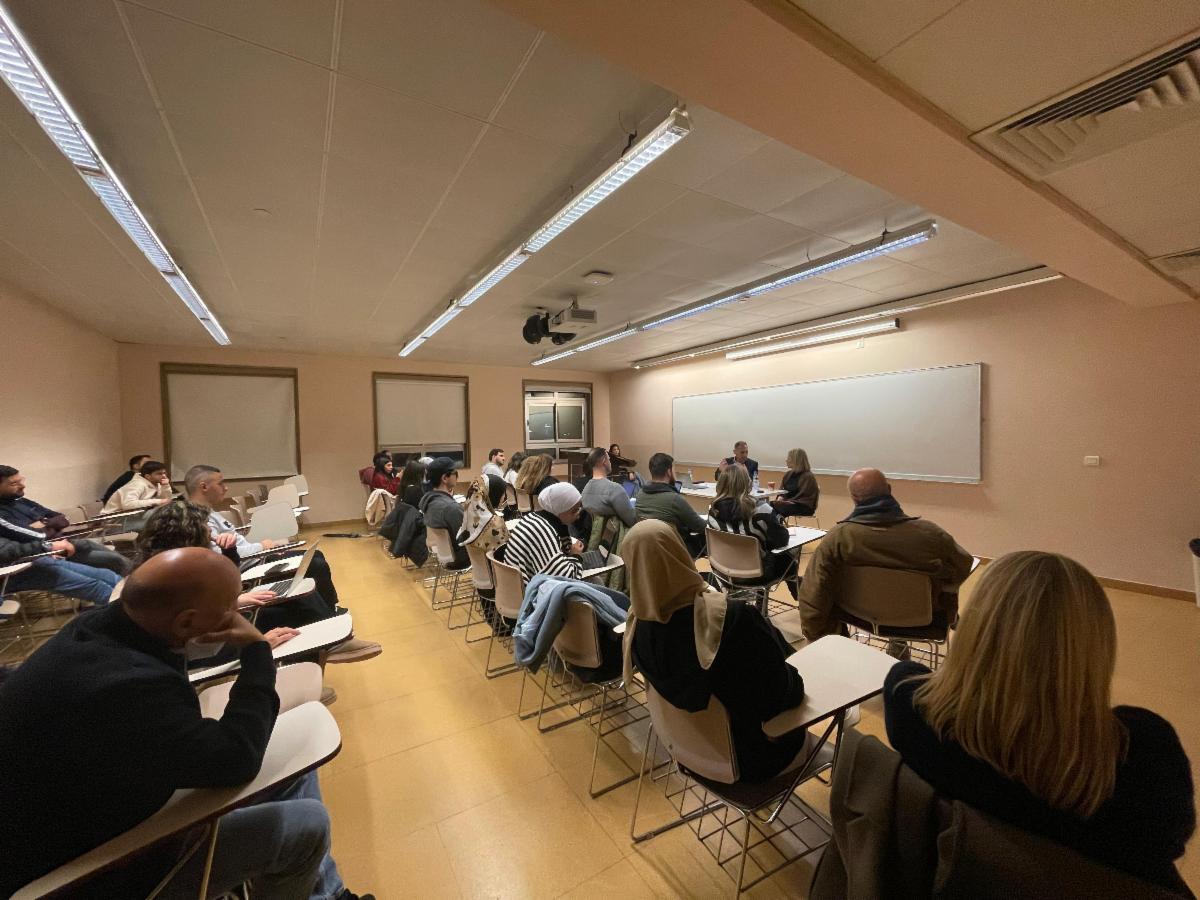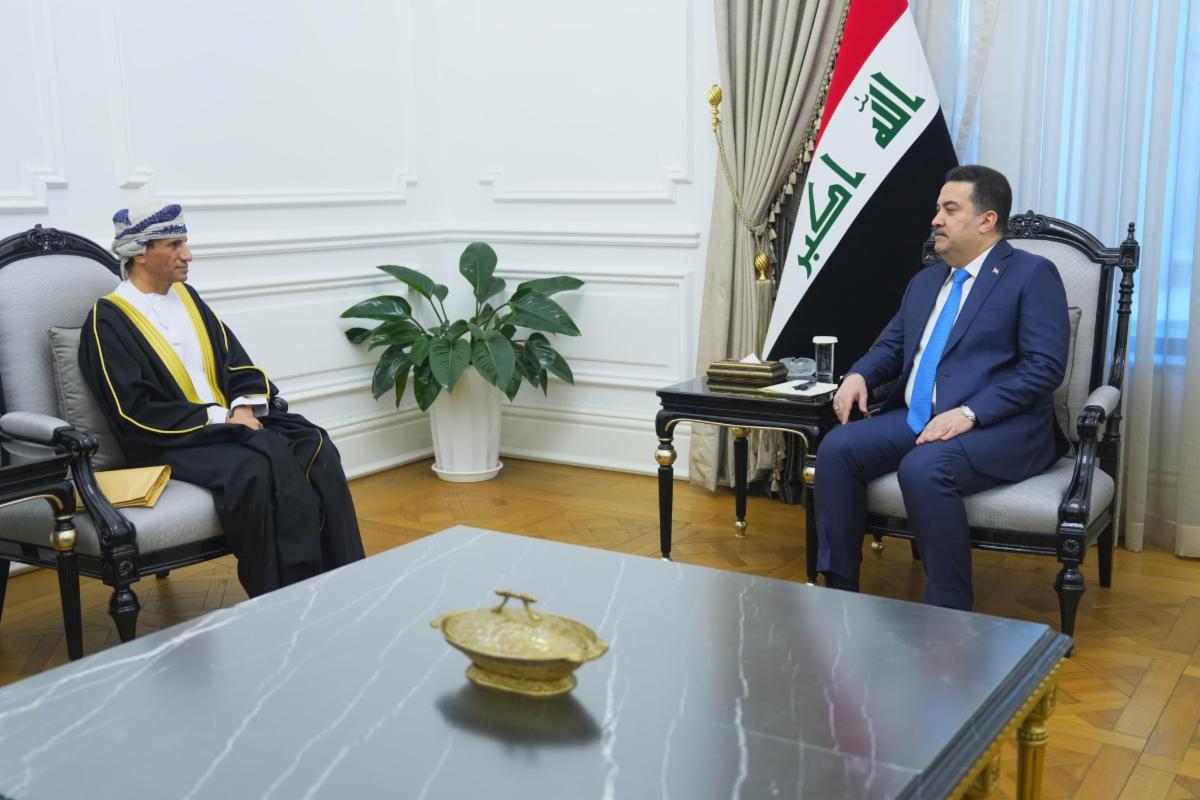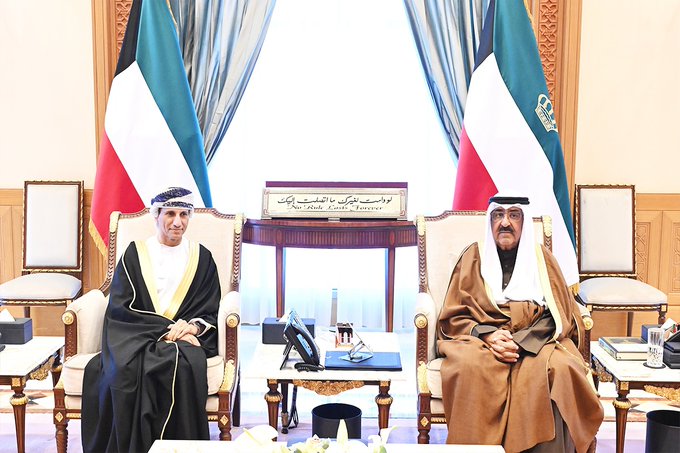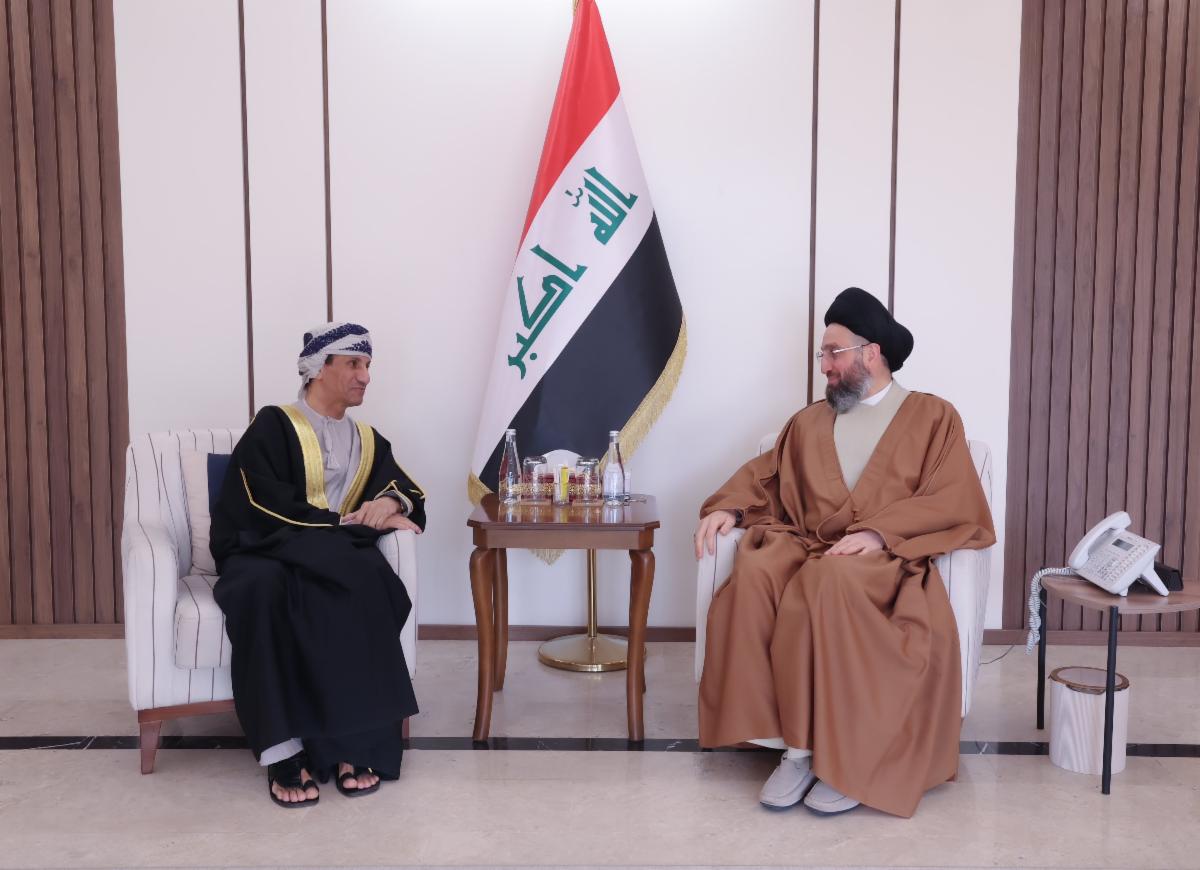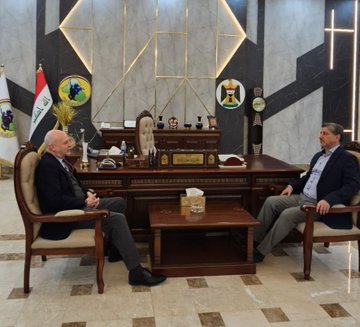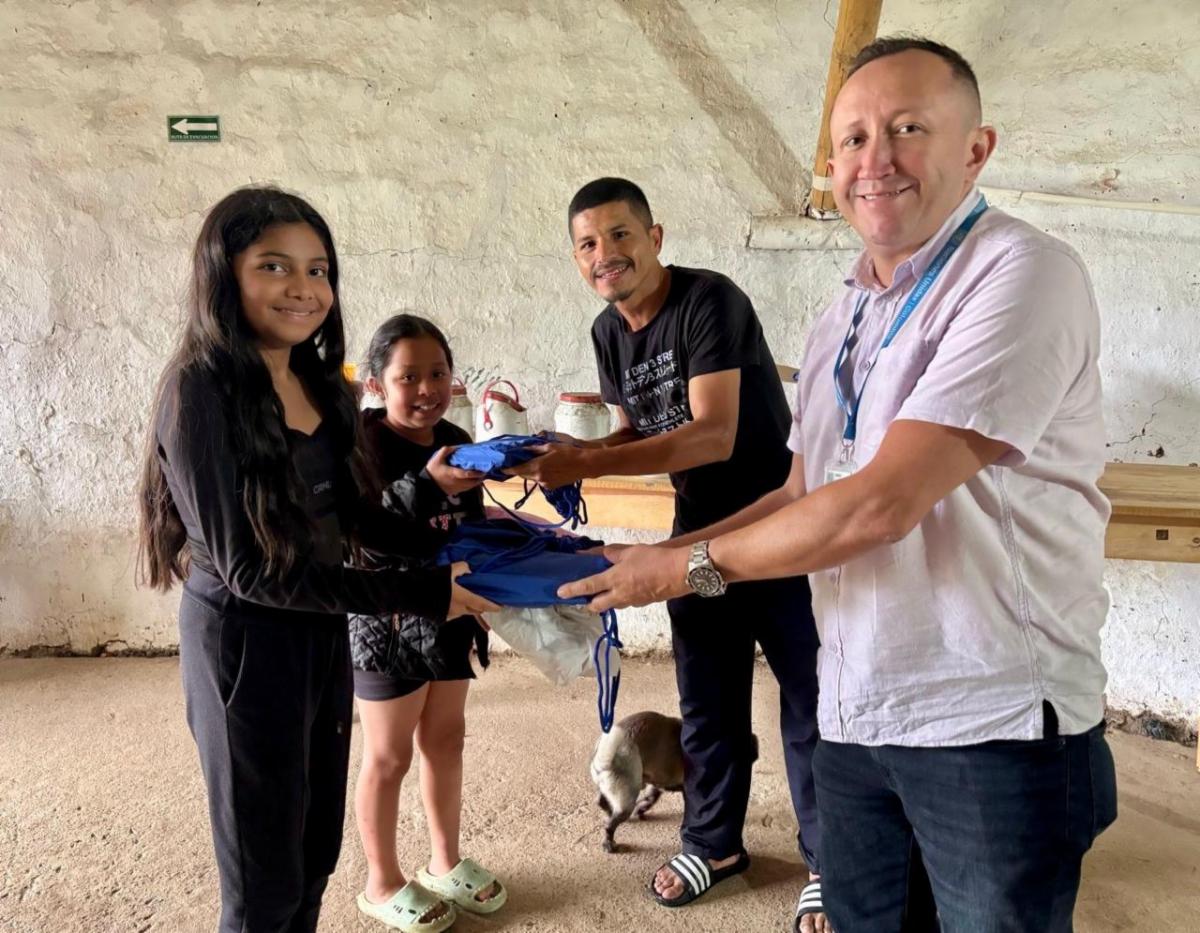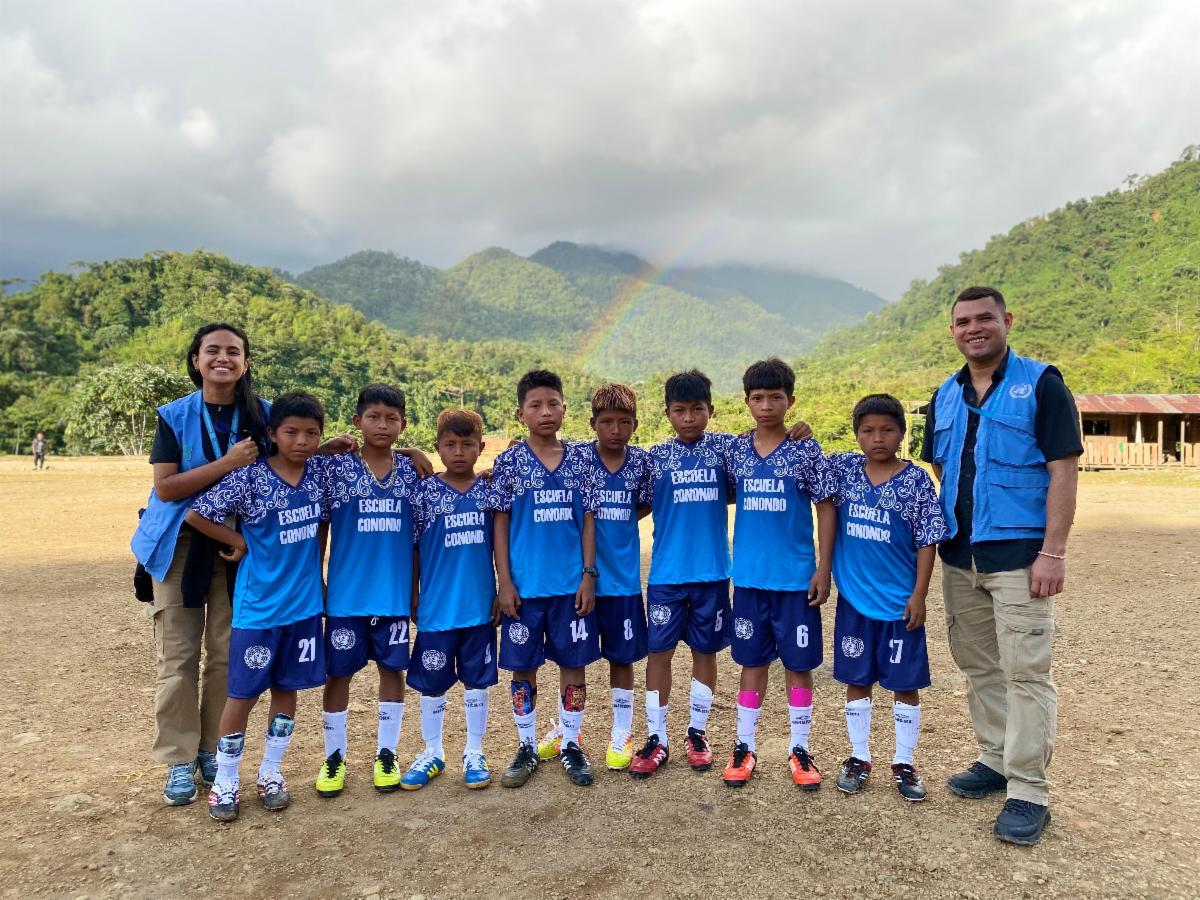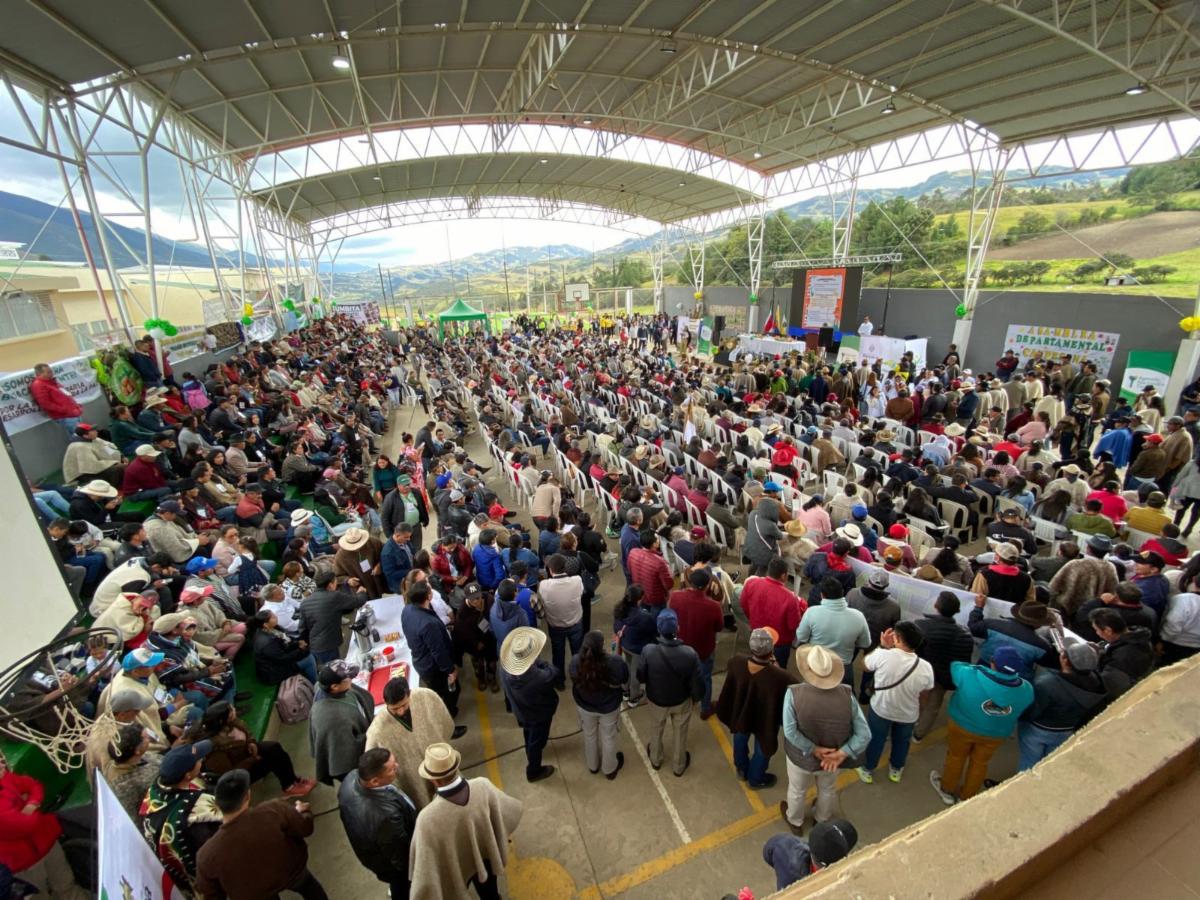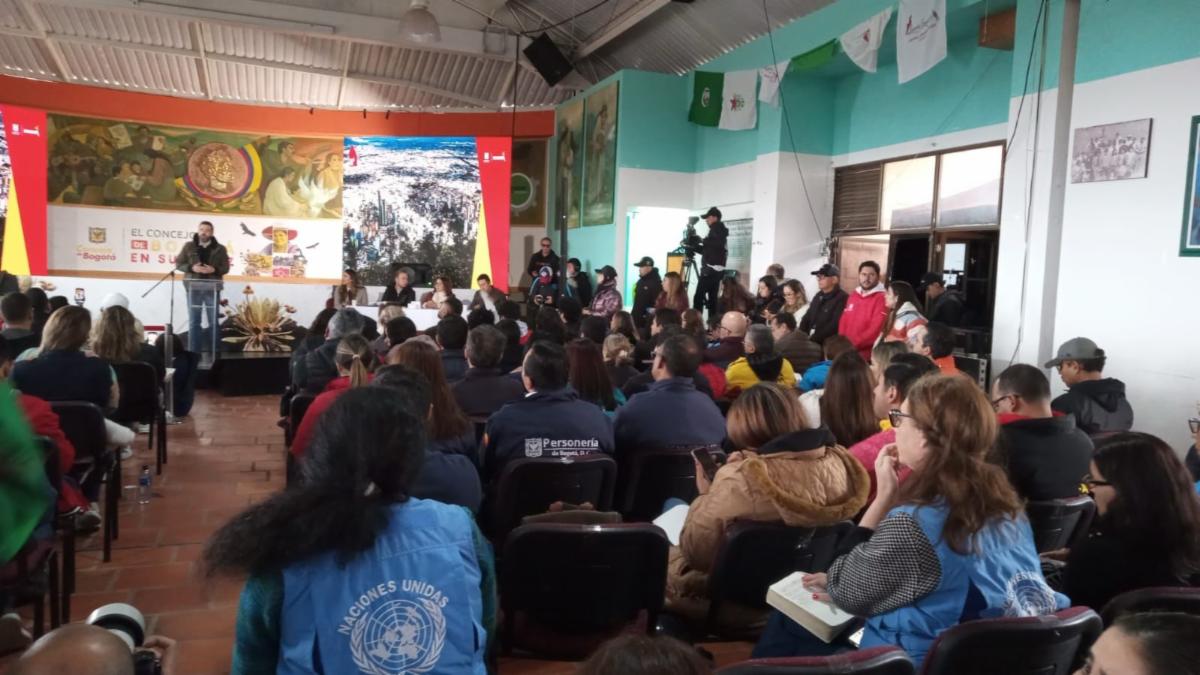Under-Secretary-General for Political and Peacebuilding Affairs Rosemary DiCarlo’s remarks to the Security Council on the situation in Libya
19 February 2025
Mr. President,
I am pleased to brief the Council on recent developments in Libya.
Two days ago, Libya marked the fourteenth anniversary of the 17 February Revolution. But the dream of a civil, democratic and prosperous Libya remains unfulfilled.
Entrenched divisions, economic mismanagement, continued human rights violations, and competing domestic and external interests continue to erode Libya's unity and stability.
There is an urgent need for progress in Libya. UNSMIL, mandated by this Council, is taking steps to revive a Libyan- political process, anchored in the principles of inclusivity and national ownership.
Let me brief you on key ongoing efforts.
On 4 February, an Advisory Committee was established by UNSMIL. It is tasked with providing recommendations to address the contentious issues in the electoral legislation that have prevented the holding of national elections.
It is not a decision-making body, but its proposals will support efforts to remove obstacles to holding national elections in Libya.
The Committee is composed of 20 Libyan personalities, including legal and constitutional experts. Thirty-five per cent of them are women.
On 9 and 10 February, UNSMIL convened in Tripoli the inaugural meeting of the Advisory Committee.
Many Libyan stakeholders, including political parties, social movements, and women and youth groups, have publicly welcomed its establishment as an opportunity to move the political process forward.
Yesterday, the Committee reconvened for three days to examine in detail the contentious issues and begin considering options on how to overcome them.
In parallel, UNSMIL is also taking steps to convene a structured dialogue among Libyans on ways to address longstanding drivers of conflict and develop an inclusive, bottom-up vision for their country's future.
Recognizing the importance of a strong, equitable and resilient economy for the stability in Libya, UNSMIL is facilitating consultations among independent Libyan economic experts to identify priorities, barriers and solutions to achieve sound economic governance.
In this regard, a meeting was organised in Tunis on 10 and 11 February.
Mr. President,
Divisions and competition over the control of State institutions continue to dominate the Libyan political and economic landscape.
Despite UNSMIL engagement with all relevant stakeholders, no progress has been made on a unified budget or an agreed spending framework.
It is critical to address the issue to support the efforts of the Central Bank of Libya to stabilize the financial situation of the country and enable transparent and equitable public spending.
Recently, a disagreement over the appointment of the leadership of the Libyan Audit Bureau has escalated, threatening the body’s integrity.
The United Nations urges all parties to respect the Bureau's independence and keep Libya’s oversight bodies free from interference and politicization.
Mr. President,
After six months of litigation and contradictory judicial rulings, the dispute over the position of President of the High Council of State remains unresolved.
Although some of its members are attempting to transcend the current divisions, the High Council of State stands deeply divided and unable to fulfil its institutional role.
Politicization and political divisions are also hindering progress on national reconciliation.
Despite an UNSMIL-facilitated agreement in December among the Presidential Council, the House of Representatives, and the High Council of State on a draft law for national reconciliation, subsequent amendments to the draft law by parliamentarians have raised concerns over the independence of a future National Reconciliation Commission.
Earlier this month, through a process led by the African Union, a charter for reconciliation was agreed in Zintan, and adopted on 14 February in Addis Ababa, in the margins of the African Union Summit. While some Libyan stakeholders have supported the charter, others did not.
UNSMIL continues to engage with all relevant parties to urge them to pursue a rights-based, inclusive national reconciliation process free from political interference.
Mr. President,
Following successful local elections in 56 municipalities in November 2024, the High National Elections Commission has begun preparations for the next group of 63 municipal council elections.
The preliminary candidate nomination phase has concluded, with over 4,900 candidates nominated, out of whom 1,345 are women. This is to be followed by voter registration.
Funding from the Government is crucial to enable the High National Elections Commission to implement this next phase of municipal council elections.
On the security front, the activities of non-State and quasi-State armed actors continue to pose a threat to Libya’s fragile stability.
On 12 February, the Minister of State for Cabinet Affairs, Mr. Adel Juma, was injured in an armed attack on his car in Tripoli. We call for a full and transparent investigation to ensure that the perpetrators are brought to justice.
In the south, the Libyan National Army took control of a military base in Obari, previously held by a Government of National Unity-affiliated military officer.
The 2020 Ceasefire Agreement has only been partially implemented.
Renewed efforts by Libyan authorities to implement its remaining provisions are crucial to improve the fragile security situation and to create conditions for the reunification and reform of security institutions.
In a positive development, UNSMIL facilitated in December the establishment of a joint technical team of senior military and police officers from the Government of National Unity and the Libyan National Army.
The aim is to improve coordination and information-sharing on border security, counterterrorism and irregular migration.
Mr. President,
The continuing trend of arbitrary arrests and enforced disappearances across Libya is deeply concerning.
We appeal to Libyan authorities to take urgent steps to cease these practices and uphold the rights of detainees to due process, including the right to a fair trial and to legal counsel.
UNSMIL continues to engage with authorities to strengthen legal safeguards, accountability and civic space.
The increasing number of deaths in custody is troubling, with 15 cases recorded since March 2024.
While UNSMIL has been recently granted access to detention facilities in Mitiga, Benghazi, and Al Baydah in a positive gesture by the respective authorities, much wider access and systemic reforms are needed to help the Libyan justice and corrections system align with international human rights standards.
Mr. President,
Migrants and asylum-seekers, including children, continue to face serious human rights violations across Libya, including torture and cruel and inhumane treatment.
The alarming and tragic discovery of mass graves following raids on human trafficking sites highlights the severe danger faced by migrants in Libya.
On 7 February, a mass grave was discovered on a farm in Jikharra in northeastern Libya and a day later another mass grave was discovered in Al-Kufra in the southeast. To date, 93 bodies have been exhumed in Jikharra and Al-Kufra district.
A full and independent investigation is critical to bring the perpetrators to justice. This is yet another reminder of the urgent need to protect migrants and combat human trafficking.
In December, a joint UNSMIL and UN country team mission to Al-Kufra engaged with local authorities, partners, refugees and host communities to strengthen humanitarian responses for Sudanese refugees.
The 2025 Libyan chapter of the Sudan Refugee Regional Response Plan targets 446,000 individuals and requires $106 million – double the support from 2024 – as refugees continue to arrive in Libya.
I plea to donors for their continued support to address the growing needs of Sudanese refugees in Libya and across the region.
Mr. President, Members of the Council,
The fragile stability in Libya is increasingly at risk. The country’s leaders and security actors are failing to put the national interest ahead of their competition for political and personal gain.
I urge Council members to extend their support to the newly appointed Special Representative Hanna Tetteh -who will be taking up her functions in Tripoli tomorrow – in her work to help break the political impasse, resolve Libya’s protracted crisis and support the Libyan people towards unifying Libya’s institutions and holding inclusive national elections.
I express my appreciation for Deputy Special Representative Koury, who, as Officer-in-Charge, laid important groundwork for the UN-facilitated political process.
Thank you.

